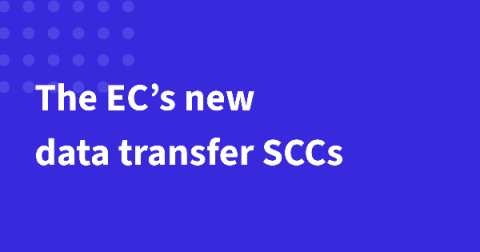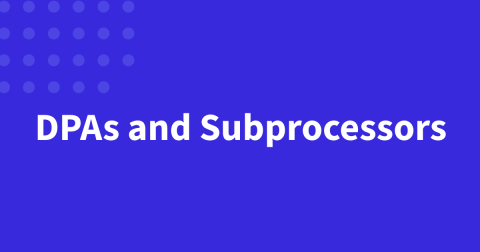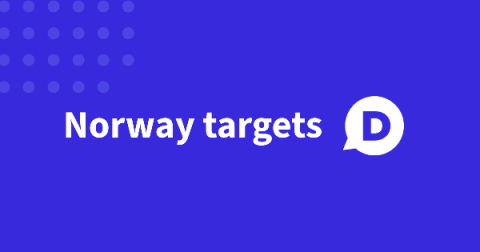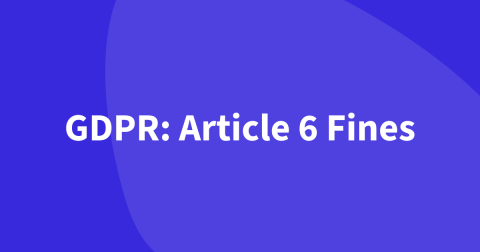The European Commission's new SCCs for data transfers
The GDPR recently marked its three-year anniversary, but one aspect of compliance for many companies is much older. Standard contractual clauses (SCCs), the mechanisms that most international organizations used to legally transfer data between the European Economic Area (EEA) and third party countries—like the US—are over a decade old. For organizations moving data in and out of the EEA, the last few years have been complicated.









